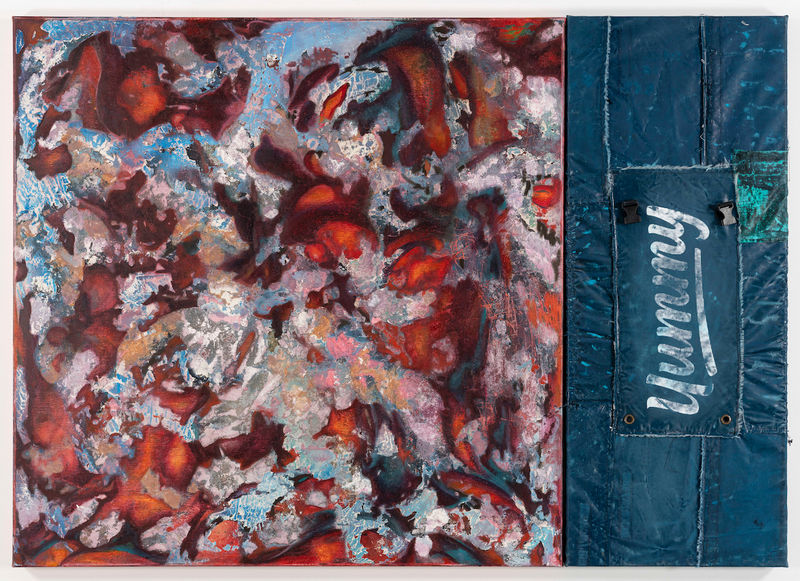Brian De Jesus (b. 1996, Caracas, Venezuela) is a London-based multidisciplinary artist working across painting, installation, performance and sound. His work investigates the intersections of migration, labour, and identity, transforming materials associated with migration into compositions that challenge systems of value, visibility, class and power. Drawing from his personal experiences, De Jesus explores how movement and work shape both individual and collective narratives. His practice questions the hierarchies embedded within cultural and economic structures.
De Jesus holds a BA (Hones) in Fine Art Mixed Media from the University of Westminster, graduating with a First Class Honours (2023). He recently exhibited his work at Gasworks, London (2024); Hope93 Gallery, London (2024), and Cerquone Gallery Caracas (2025), among others. De Jesus participated in the Conditions Studio Programme, London (2023-24).
